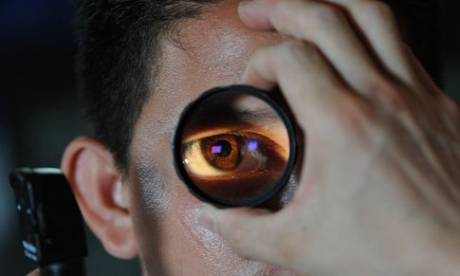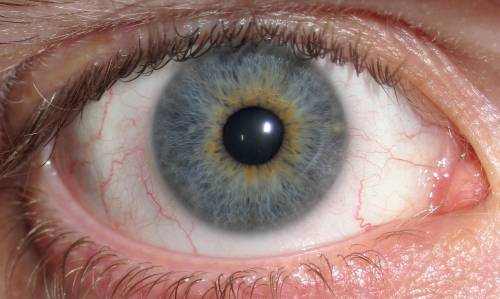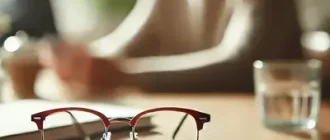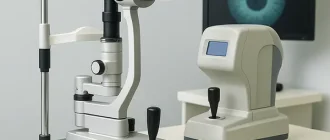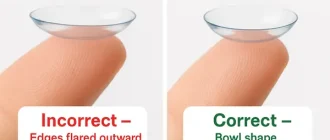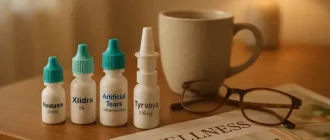The retina is a delicate and essential part of the eye that plays a crucial role in vision. It provides the much-needed light-sensitive tissue at the back of the eye, converting light into electrical signals that are then sent to the brain for processing. However, when the retina becomes damaged, it can lead to various vision problems and impairments.
Unfortunately, glasses alone cannot correct retina damage. Retina damage involves physical or chemical harm to the retina’s cells, which cannot be reversed solely by wearing corrective lenses. Conditions such as age-related macular degeneration, diabetic retinopathy, or retinal detachment often require more specialized treatment options.
However, glasses can be a valuable tool for individuals with retina damage to make the most of their remaining visual capabilities. When the retina is damaged, specific areas may be affected, resulting in blurry vision, blind spots, or distorted images. Glasses can address these issues by providing refractive correction and improving visual clarity.
Optical lenses in glasses can compensate for refractive errors like nearsightedness, farsightedness, or astigmatism – common conditions that may coexist with retina damage. By correcting these underlying refractive errors, glasses can enhance overall visual acuity and minimize any additional vision problems caused by refractive abnormalities.
Additionally, glasses with specialized lenses and coatings can optimize visual performance and comfort for individuals with retinal conditions. For example, lens coatings that reduce glare or block harmful blue light may be beneficial for those with age-related macular degeneration or diabetic retinopathy. These coatings can enhance visual contrast and reduce strain on the eyes, providing a more comfortable viewing experience.
In some cases, low vision devices may be prescribed alongside glasses to assist individuals with severe retina damage. These devices include magnifiers, telescopic lenses, or electronic aids designed to improve specific visual tasks like reading or recognizing faces. By incorporating these devices into a personalized vision rehabilitation plan, individuals with retina damage can optimize their remaining vision and improve their quality of life.
It is essential for anyone experiencing vision problems or suspecting retina damage to consult an eye care professional promptly. An eye examination will determine the nature and extent of the retinal damage, allowing for appropriate treatment options to be considered. While glasses cannot reverse retina damage, they can still play a valuable role in improving visual function and enhancing the overall visual experience for individuals facing such challenges.

